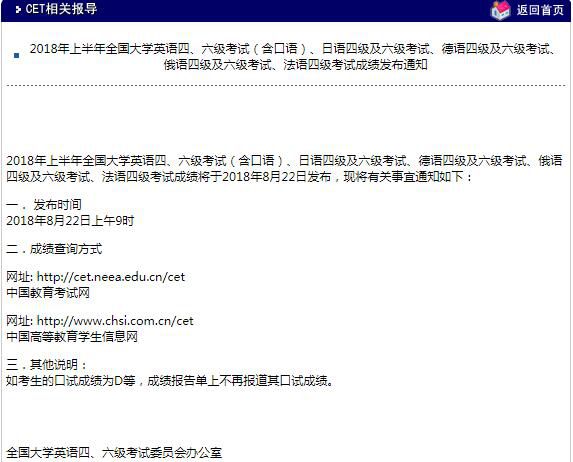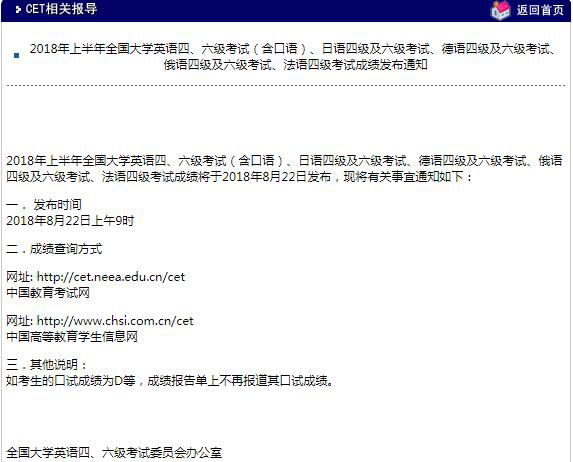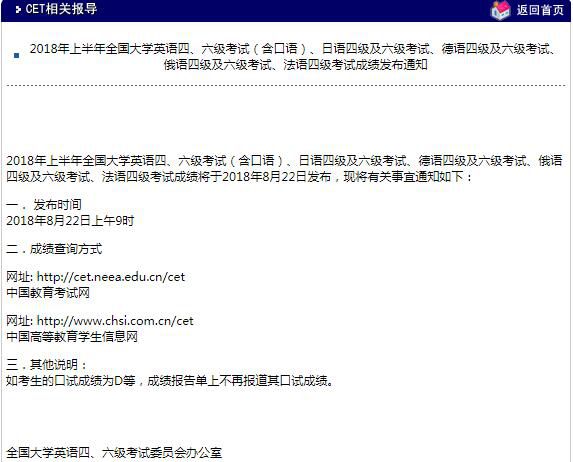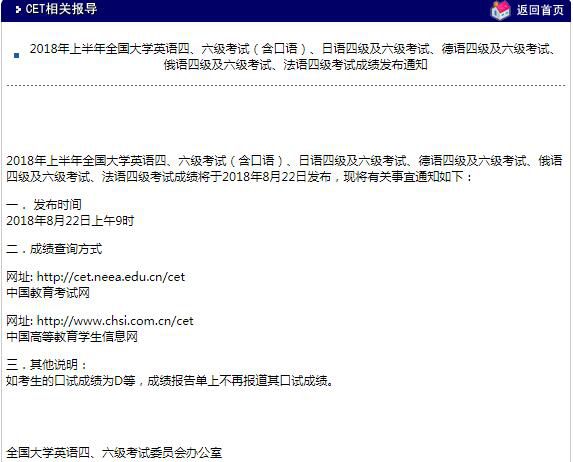Foreign Student Series: Starting out
|
This is the VOA Special English Education Report. This week, in our Foreign Student Series, we discuss the first steps to studying in the United States. Step one is to visit an American educational advising center. There are more than four hundred of these offices around the world. You can find them through the State Department Web site for international students. We will give that address later. Or you can ask the public affairs office at a United States embassy to tell you where to find the nearest advising center. Step two is to start gathering information about the different choices in higher education programs in the United States. Some schools, for example, offer one-year certificate programs. These are in subjects like computer programming, public relations and administrative work. Junior or community colleges offer a two-year associate degree. These programs can prepare students for skilled jobs. Or, if students want to continue their education, many universities accept this work as the first two years toward a bachelor's degree. To get a bachelor's degree, students traditionally take general subjects during the first two years. These include areas like history, literature, mathematics and science. After that they take classes in their major area of study. At the graduate school level, a master's degree can take up to three years to complete. A doctorate can take four to six years. But some medical specialties, for example, require years more of study. Whatever you choose, educational advisers say you should begin to plan at least two years before you want to start classes in the United States. The address of the State Department Web site for international students is educationusa.state.gov. If you would like to ask us a question about education in the United States, send it to special@voanews.com. We cannot help with individual cases. But we might be able to answer a general question on the air as our Foreign Student Series continues. And that's the VOA Special English Education Report, written by Nancy Steinbach. Transcripts and audio files of each report in our series will appear on our Web site, www.unsv.com. Next week, the subject is the difference between a college and a university. I'm Doug Johnson. |








